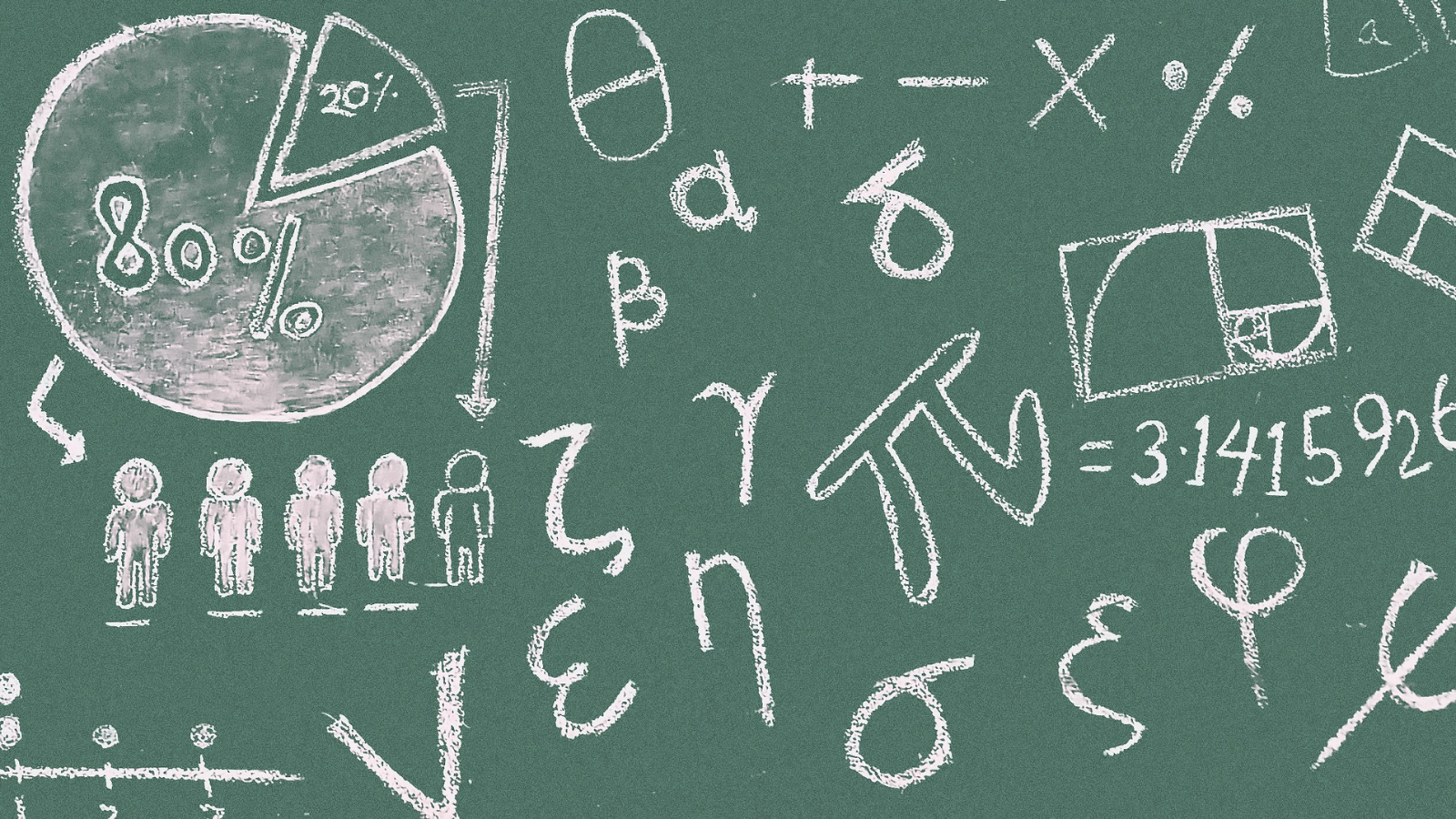IoT is a way to bring the real world to the internet. Objects are embedded in sensors that can recognize and store data about them. This data can be accessed and operated by machines and applications connected to the same network. This is certainly a broad definition. However, it also offers a wide range of IoT applications because almost anything can be linked to it and therefore anything can be turned into a “smart” object for interaction.
Retail is right at the forefront of the application of IoT technology. As in many industries, retail is being transformed by digital technology. However, unlike some other sectors, retail is concerned with the physical movement of objects. With IoT promising to integrate digital technology and physical objects, it’s no surprise that retailers are among the first to explore its capabilities
According to a new report from Grand View Research, Inc. which has a CAGR of 21.5% over the forecast period, the global Internet of Things (IoT) in the retail market is projected to reach $ 94.44 billion by 2025.
Retailers who have adopted IoT technology have seen benefits such as reduced costs, increased overall productivity, and a better customer experience.
Below we’ve listed the best ways IoT presents retailers and how retailers can take advantage of it.
RFID
Radio Frequency Identification (RFID) is not a new technology, but retailers are starting to see how this technology, in unexpected ways, can contribute directly to their end goal. RFID is a tracking technology that uses a marker or small chip to send a signal to a remote scanner. Most retailers see technology as an obvious route to more accurate inventory counting, but some innovative retailers use it more uniquely for more than just inventory management
Smart Mannequin
With the smart dummy, you can combine your digital online shopping experience with the advantages of a physical store. Your customer uses sensors to indicate which clothes want more information on that model. The information is displayed on the touch screen which you can use as desired.
Smart Mirrors
Smart Mirror is an interactive mirror equipped with a camera, sensor, and an electronic screen. Although the technology is not new, voice assistant integration has been used extensively in various industries. Smart mirrors appear to be the environment for personalized experiences in both homes and retail stores due to the large amount of data collected from consumers.
Virtual Closets
The online fashion platform launches curated concepts for digital wardrobes. Replacing shelves and hangers in a smartphone app that enhances cabinets with virtual tools like geotagging and custom styling suggestions. This feature is useful for retailers with a technology-conscious user base that focuses on digitally capable features not available in stores.
Beacons
A beacon is a small wireless transmitter that uses low-power Bluetooth technology to send a signal to other smart devices nearby. They are one of the newest developments in location and proximity marketing technology. Simply put, they connect and transmit information to smart devices, making location-based searches and interactions easier and more accurate.
For retailers, beacons can give the brand a head start in a world where multi-channel markets are the norm and consumers expect to get what they want when they want it.
Interactive Digital Signage
In-store smart digital signage is one of the easiest and cheapest ways to provide a unified experience that combines both physical and digital aspects. Modern digital signage solutions have something to offer retailers and their customers.
Smart Shelves
It can monitor data on items placed on them, they send real-time updates to retailers so they can restock the shelf when needed. Shelves can use product return data to determine which products are in more demand and which are not. It also helps retailers identify customer interests and better manage their inventory.
IoT helps retailers in followings ways:
- Faster Purchasing Decision
- Anti-Theft Security
- Personalized Customer Experience
- Online Marketing
- Brand Story Telling
Takeaways
IoT is also proving hugely popular at events as skilled marketing is gaining popularity at the same time. IoT is still relatively new to most users, and as a result, there is still a huge “wow factor” when used and properly incorporated into the experience. Because of this, many retailers have chosen to test the proposed IoT event system first, which they can use to reach influencers and get feedback before distributing it on their wider retail platform. Ultimately, IoT provides a powerful tool for brands to connect with their customers in a more personal way. And because the adoption of new technologies is always important, we also need to remember that they are only valuable if they allow us to improve our experiences, connect better, and communicate with our customers.









